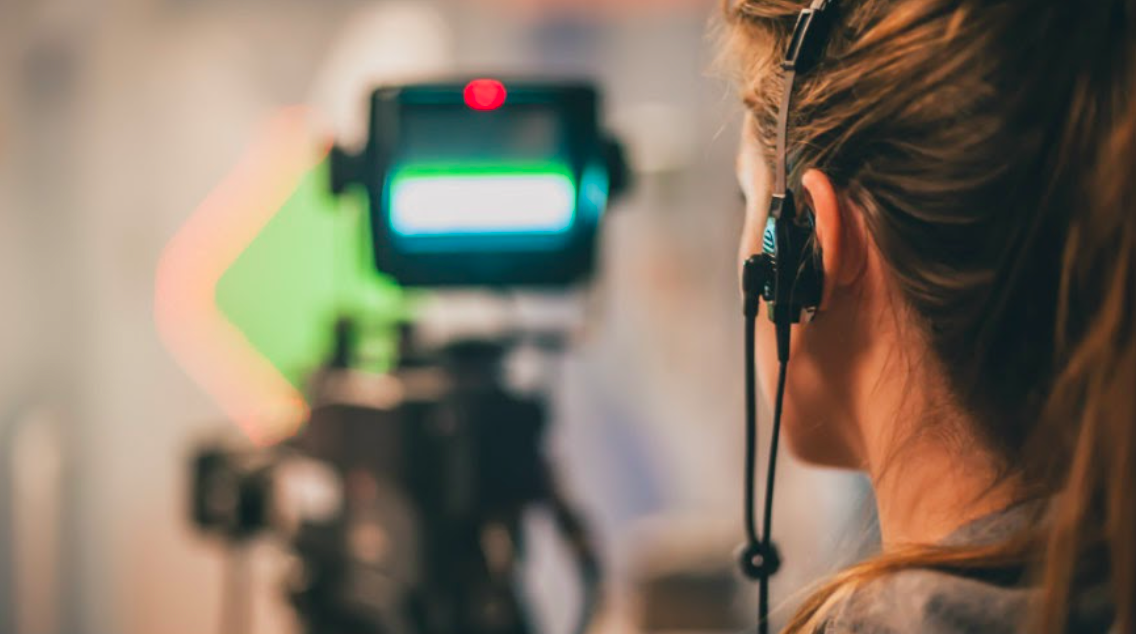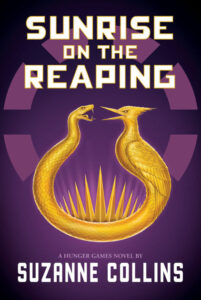By Leah Katz ’21
Even Hollywood’s biggest productions weren’t immune to the onset of the pandemic last March, with productions coming to a sudden halt across the country. Now, as creators return to virtual writers’ rooms and COVID-safe sets, audiences are wondering how the past year will affect the stories of the future. With the pandemic now etched so deeply into our lives, we can certainly expect shows and movies to be set during this time. But, for people who want to move on from pandemic life as quickly as possible, tuning in to a show set in 2020 may prove to be a difficult task.
Recently, one of the first “pandemic productions” premiered on April 15th. Airing on Freeform, Everything’s Gonna Be Okay debuted its second season alongside real life; a year into the pandemic. Its nonchalance in incorporating pandemic life spoke louder than the frequent family arguments; it is merely a setting, rather than a conflict. Sure, characters complain that they’re all “bored of this,” but it serves only as a place for them to live and grow from. Unlike previous pandemic-productions, boredom and isolation aren’t the antagonists. Instead, Everything’s Gonna Be Okay quickly dives into its first conflict of resolving a past relationship from season one.
The show’s success can be largely credited to its originality established in its first season. Everything’s Gonna Be Okay proved to be a very untraditional comedy, one without laugh tracks or any type of formulaic structure. Because of this, the fluctuating and uncertain nature of these pandemic episodes doesn’t feel too unusual or abstract. They gracefully capture the inconsistencies of current life, without forcing it into the storylines and prop placement. At the conclusion of season one, Everything’s Gonna Be Okay was in the perfect position to tell these stories, and now sets an excellent example, though hard to follow, of how the pandemic can be used as a subtle background character.
There certainly isn’t any shortage of ideas, though. Everyone still has their own stories to tell, even in this time of distress. We have had the time to grow; learning more about ourselves and changing for the better. Our perseverance and survival deserves to be celebrated. I certainly wouldn’t mind if my memories of isolation were overcome by feel-good television in the future. It might be a challenge, though, as we can’t erase the importance and suffering of the pandemic. While there’s always a need for positivity and inspiration, this time can’t be painted as a glorious renaissance of introspection and independence. There are still stories of sorrow and grief that must be recognized as well. Luckily, as with any period genre, there are countless different stories and perspectives to tell; from sorrow to success.
Everything’s Gonna Be Okay, as unique as it is, proves the importance of grounded and relatable television. We constantly rely on movies, books, and television to escape our own lives and find a slice of happiness somewhere else. Of course people are reluctant to dive into shows filled with the same conflicts of life today; what kind of escapism is that? But, ultimately, entertainment and media have always been about human connections. While escapism may draw people into a fictional world, it’s the characters who turn that fiction into a reality you can connect with, becoming our friends and introducing us to their world. And we crave that connection now more than ever. Good characters can turn even the deepest stories of struggle into tales of inspiration and hope. If humans have survived the pandemic, fictional characters can and should reflect that.
Ultimately, in the hands of good writers and filmmakers, the pandemic can serve as a valuable and unique setting from which characters can learn and grow. We can only hope that these pandemic shows and movies are treated with the respect and quality they deserve. Using our life experiences of loss and suffering for a quick laugh or to make a lazy episode of TV won’t sit well with audiences. Connecting with the real struggles, searching for the brief moments that make our days a bit less monotonous, and the complexities of characters are all key to creating an honest pandemic portrayal. There is great potential to inspire and connect in ways that seem so impossible today. As for me, I eagerly await the day I can gather around a TV with my friends to casually watch the pandemic from a new perspective.



